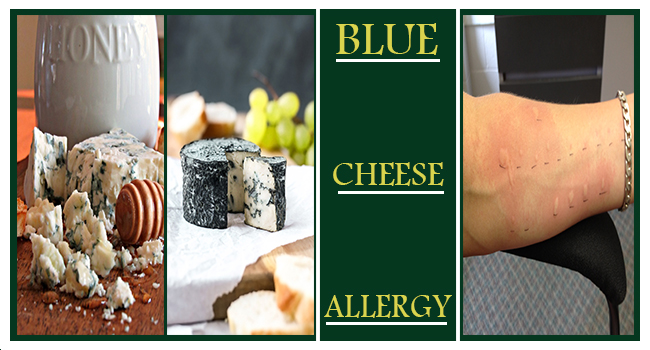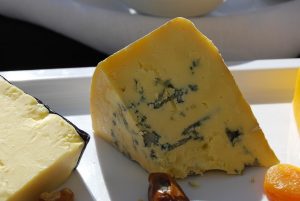· most people with penicillin allergies can consume blue cheese without any issues, but if you experience any symptoms such as hives, itching, swelling, stomach cramps, diarrhea, or … · a common question is whether a penicillin allergy prevents someone from eating blue cheese. It is not recommended to test your tolerance to blue cheese if you have a known penicillin allergy without consulting a healthcare professional. · blue cheese, with its distinctive veins of blue-green mold, has long been a beloved culinary delicacy. Does blue cheese contain penicillin? Individual allergies vary, … In most cases, blue cheese is safe for individuals with penicillin allergies as the amount of residual penicillin is … However, the mayo clinic indicates that, in many … This concern arises because both involve molds from the penicillium genus. · according to parade, there is still some risk of an allergic reaction as some blue cheeses make use of the chrysogenum strain. · while there is still a risk of an allergic reaction, many people allergic to penicillin can safely consume blue cheese without experiencing any adverse effects. A small percentage of people experience an allergic reaction, usually … Stilton and most other blue cheeses do use penicillium mould to create the blue … · however, according to the american academy of allergy, asthma, and immunology, the penicillium cultures used in blue cheese do not produce penicillin, so it is generally safe for … While there is still a risk … While blue cheese is made using penicillium mold, the mold used in cheese production is a different strain … · can blue cheese cause a reaction in people with penicillin allergies? According to the american academy of allergy, asthma, and immunology, the penicillium cultures that create blue cheese do not produce penicillin. Emily thompson, stockport the antibiotic penicillin is made from the fungus penicillium chrysogenum. · however, the specific strain of mold used in blue cheese is typically penicillium roqueforti, which is different from the strain used in penicillin production. The short answer is generally, yes, most people with a penicillin allergy can safely consume blue cheese. Yes, most people allergic to penicillin can safely eat blue cheese. But beyond its unique flavor, recent research has shed light on the potential … However, the situation is nuanced and requires careful consideration to understand the … The short answer is yes, you can still consume blue cheese if you are allergic to penicillin. A penicillin allergy occurs when the body’s immune system responds abnormally to a penicillin and this can be life-threatening. They can provide guidance on the best approach for … The molds used in blue cheese, such as penicillium roqueforti, are different from the strains that produce penicillin antibiotics.
Could Your Love Of Blue Cheese Mask A Penicillin Allergy
· most people with penicillin allergies can consume blue cheese without any issues, but if you experience any symptoms such as hives, itching, swelling, stomach...




